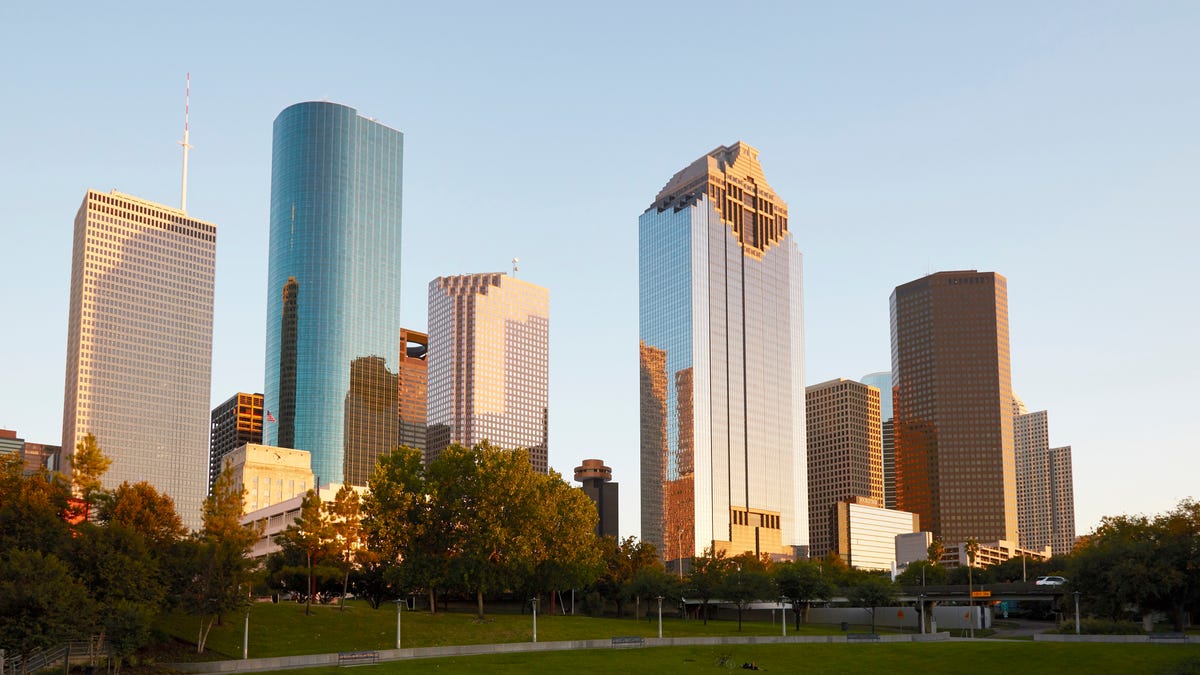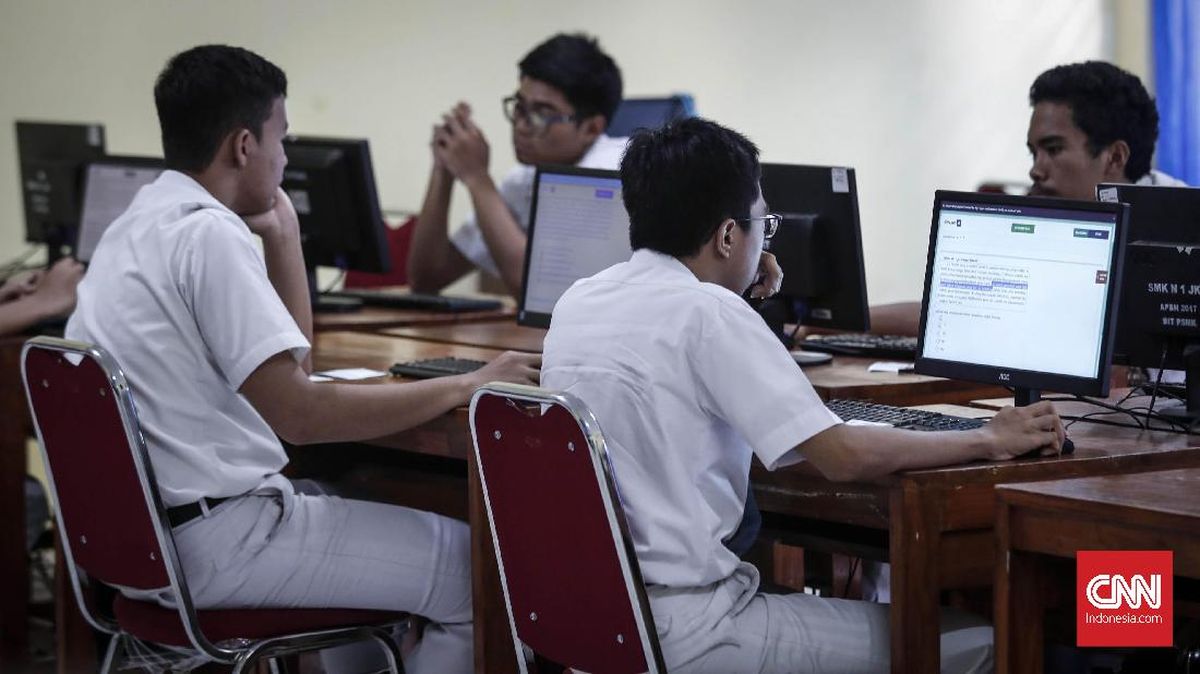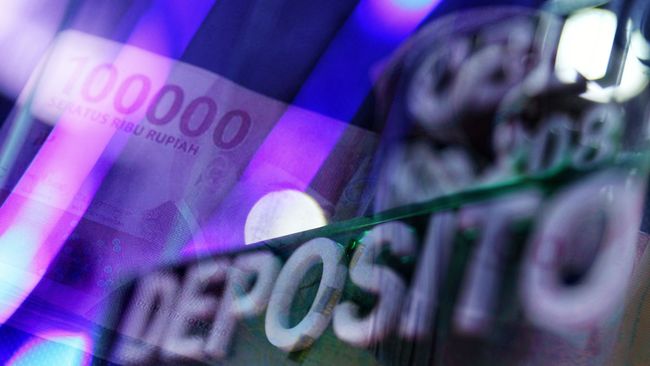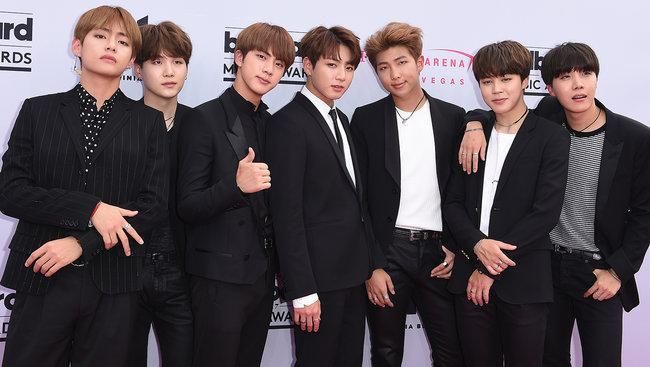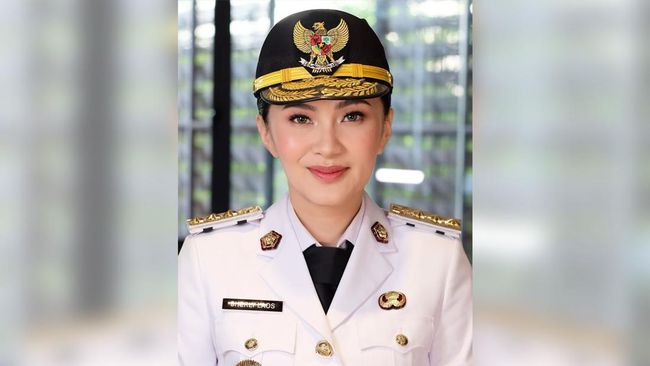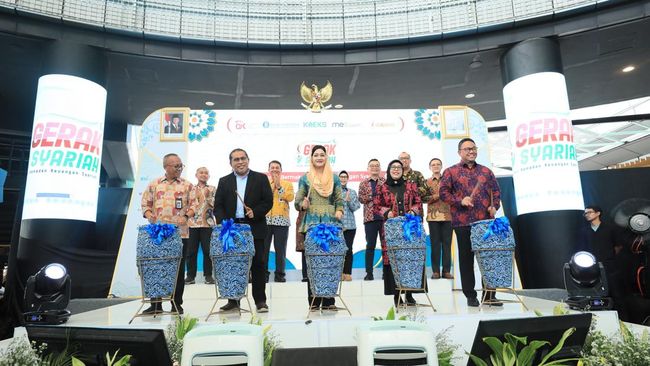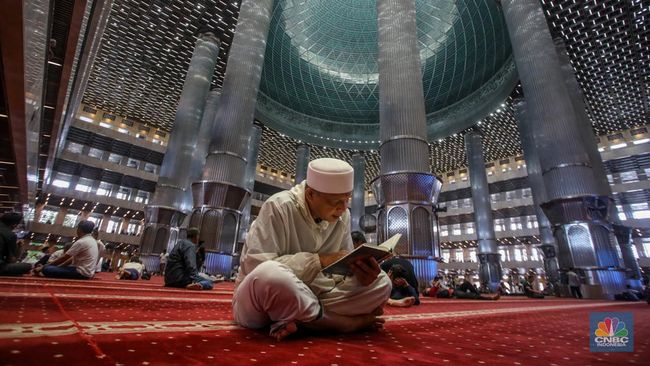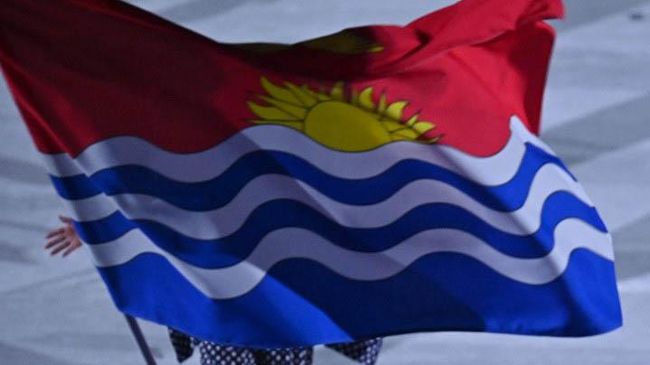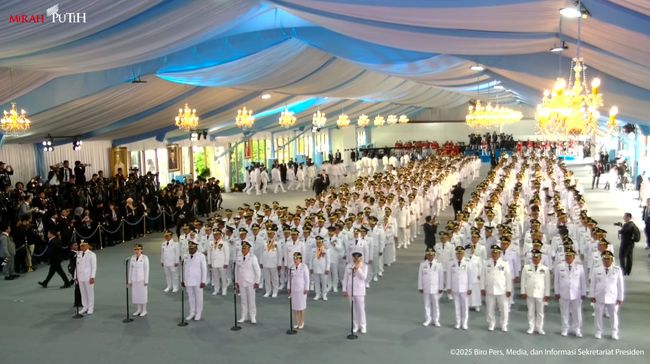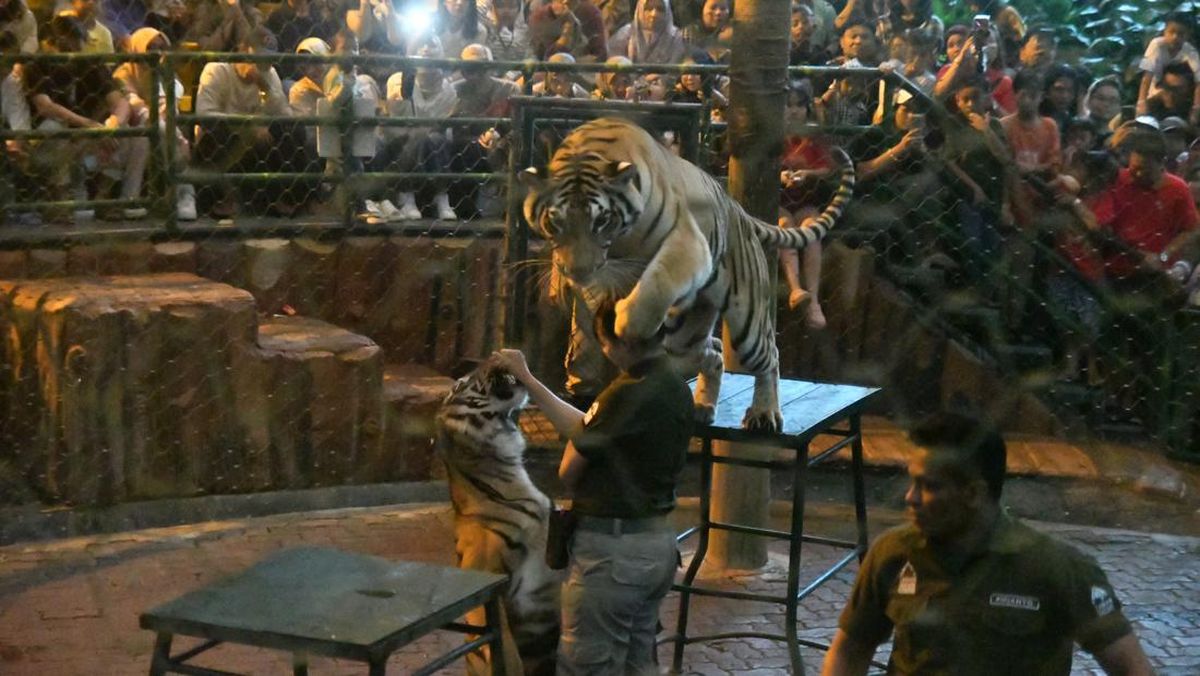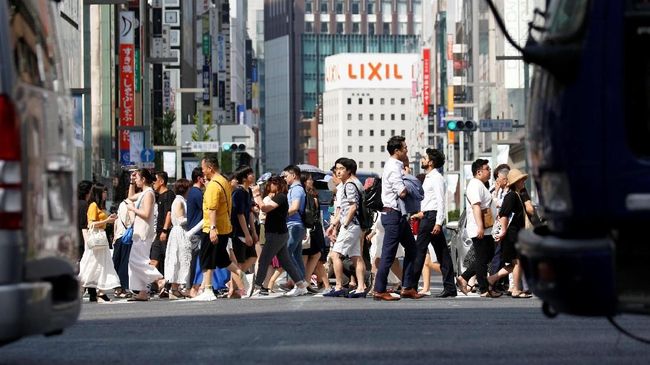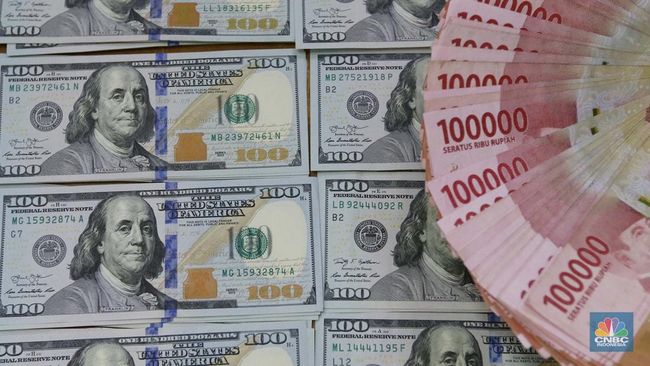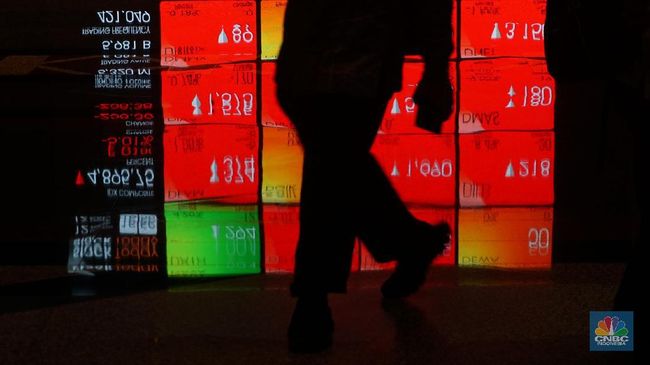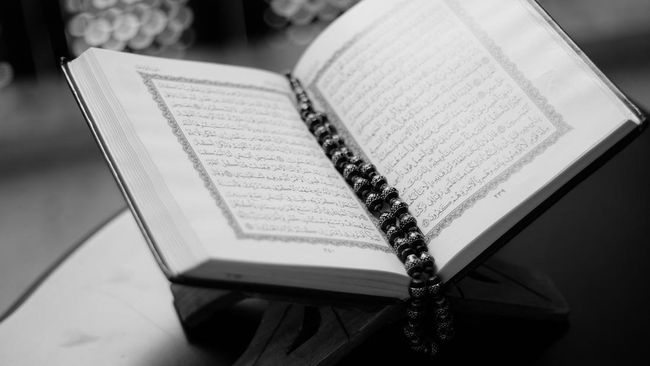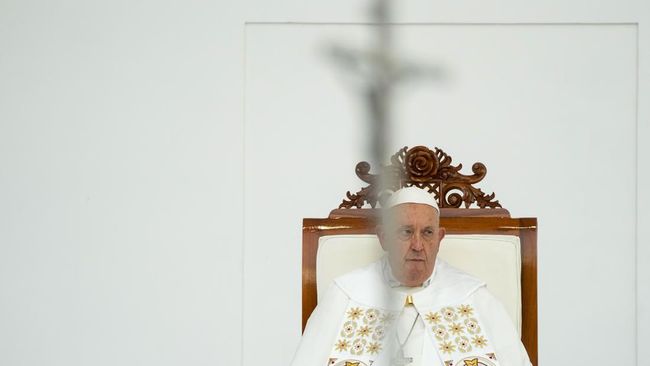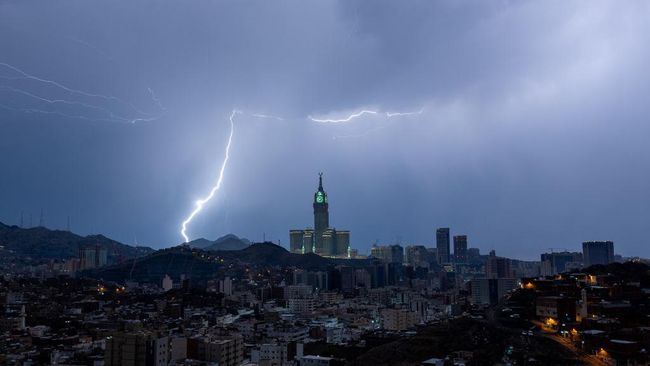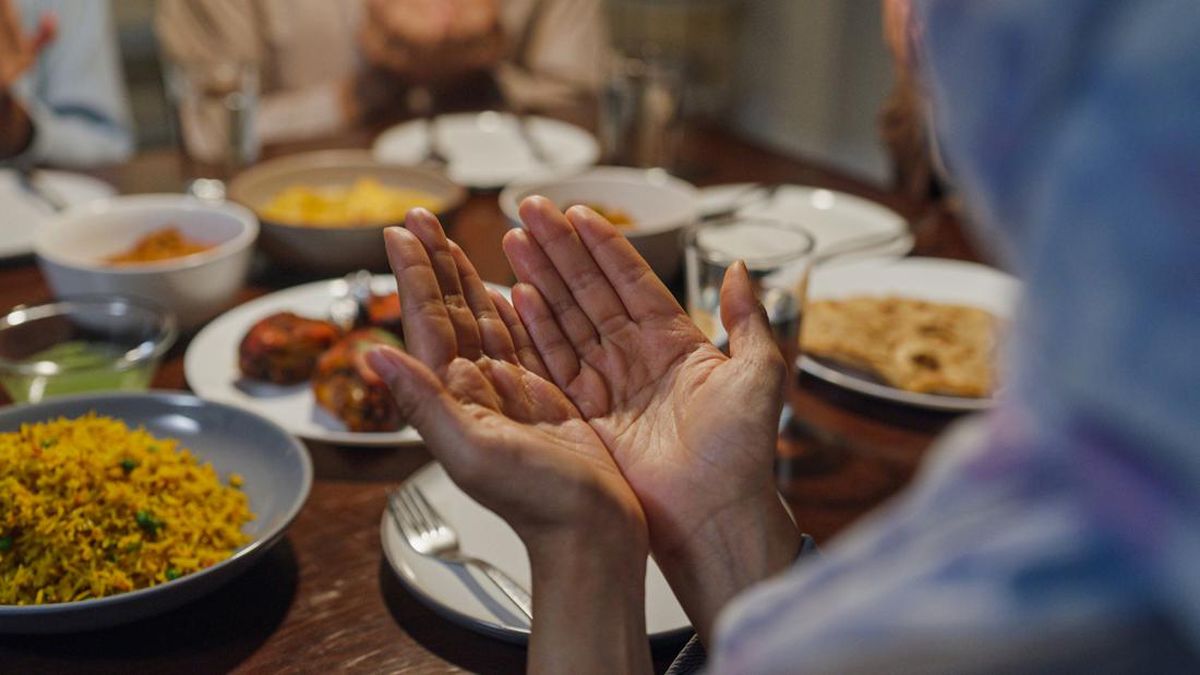Disney, Universal and several of their entertainment companies filed a lawsuit against popular AI creative service Midjourney on Wednesday, alleging that the company committed copyright infringement. It's a big move from power players and will no doubt create ripple effects across the AI and entertainment industries that will flow all the way to what you can create using AI tools.
Midjourney is one of many AI image generators that use generative AI text-to-image technology. With an account, anyone can use its models to create digital images. Many AI image generators have policies and internal guardrails that prevent people from recreating brand logos, celebrity likenesses and other kinds of recognizable and sometimes copyrighted material. Disney and Universal allege that Midjourney did not take these precautions even after they reached out to the company to express their concerns.
The companies said in the lawsuit that Midjourney's AI image- and upcoming video-generation technologies "blatantly incorporate and copy Disney's and Universal's famous characters" without proper licensing or having a hand in original creation. "Midjourney is the quintessential copyright free-rider and a bottomless pit of plagiarism," they wrote. Midjourney did not respond to a request for comment.
The 100-plus-page lawsuit details the ways Midjourney enables its users to recreate characters that belong to Disney's and Universal's different worlds, such as Marvel and Star Wars. It includes examples of images the companies were able to generate using Midjourney that feature some of their iconic characters, including those from Shrek, Star Wars and How to Train Your Dragon.
Disney included these images in its lawsuit to show AI images created with Midjourney that mimic copyrighted characters.
Screenshot by CNETCopyright is one of the core legal and ethical issues in AI, and this is far from the first lawsuit between entertainment companies and AI companies. There is an ongoing class-action lawsuit from a collection of artists, led by Karla Ortiz, against Stability AI. Publishers like the New York Times are also concerned, suing ChatGPT maker OpenAI. (Disclosure: Ziff Davis, CNET's parent company, in April filed a lawsuit against OpenAI, alleging it infringed Ziff Davis copyrights in training and operating its AI systems.)
At the same time, some entertainment companies are slowly exploring ways to integrate AI into their creative workflows. Disney has been fairly mum about AI, neither endorsing or seeking partnerships like its entertainment peers at Lionsgate, but not publicly ruling out the possibility either. That possibility is reflected in the statement Disney made to CNET via email.
"We are bullish on the promise of AI technology and optimistic about how it can be used responsibly as a tool to further human creativity," Horacio Gutierrez, senior executive vice president and chief legal and compliance officer, said in the statement. "But piracy is piracy, and the fact that it's done by an AI company does not make it any less infringing."
Another example Disney cites in its lawsuit.
Screenshot by CNETRead more: Inside Hollywood's AI Power Struggle: Where Does Human Creativity Go From Here?
The lawsuit marks a path forward for Disney and Universal and adds another strand to an already tangled legal web.
"The lawsuit filed by Disney and Universal is important in drawing a line in the sand with AI developers like Midjourney," Robert Rosenberg, an intellectual property lawyer and former general counsel at Showtime Networks, wrote in an email. "As the lawsuit explains, the only way the AI platforms can output an image of Yoda, Shrek or Darth Vader is because they have trained their model by ingesting copyrighted images of these characters. They are not inventing new characters here."
For now, we'll have to wait and see how this case and the other court cases progress. In the meantime, Midjourney users and other AI users are able to continue utilizing those services. For more, check out our guide to understanding copyright in the age of AI.

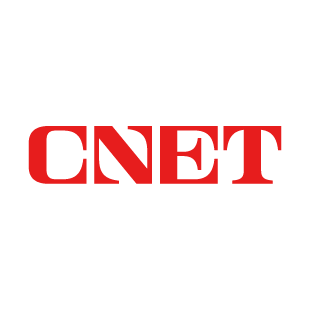 13 hours ago
3
13 hours ago
3










